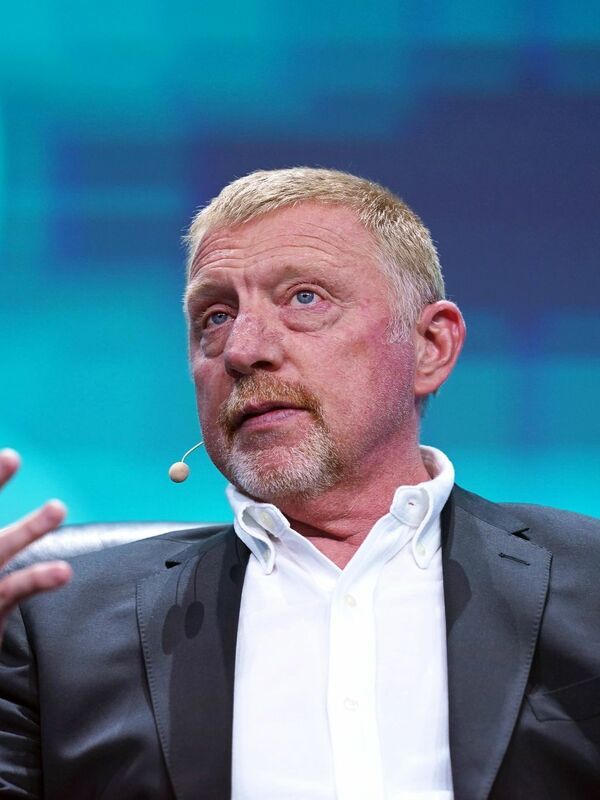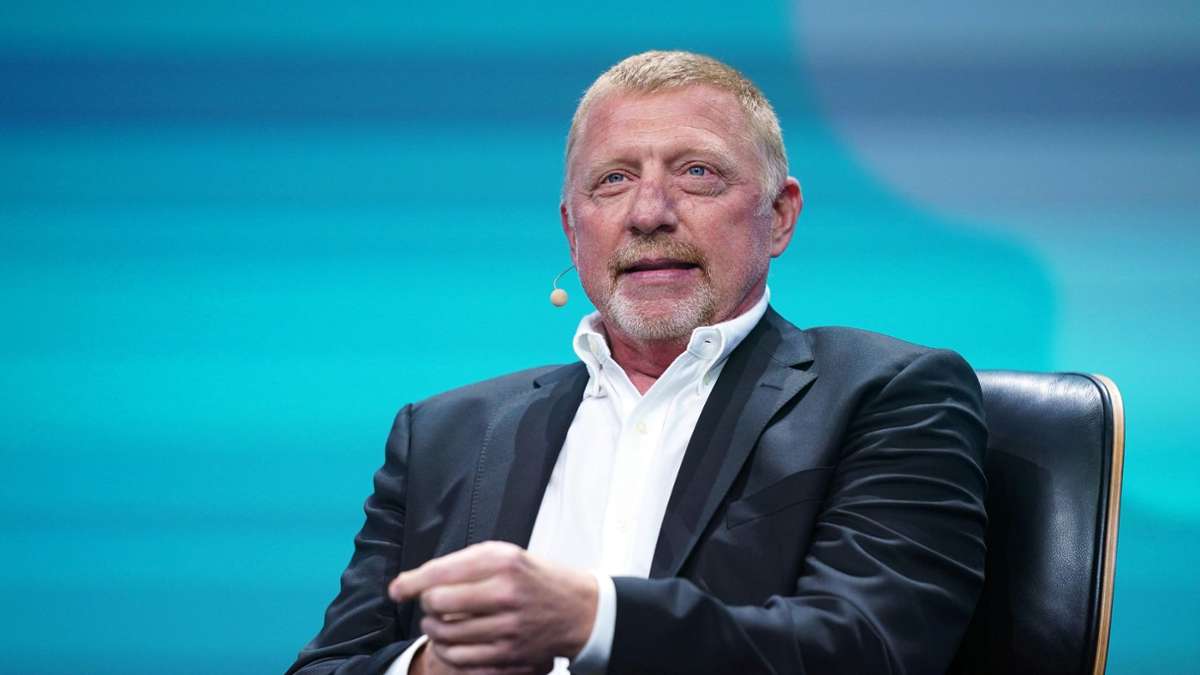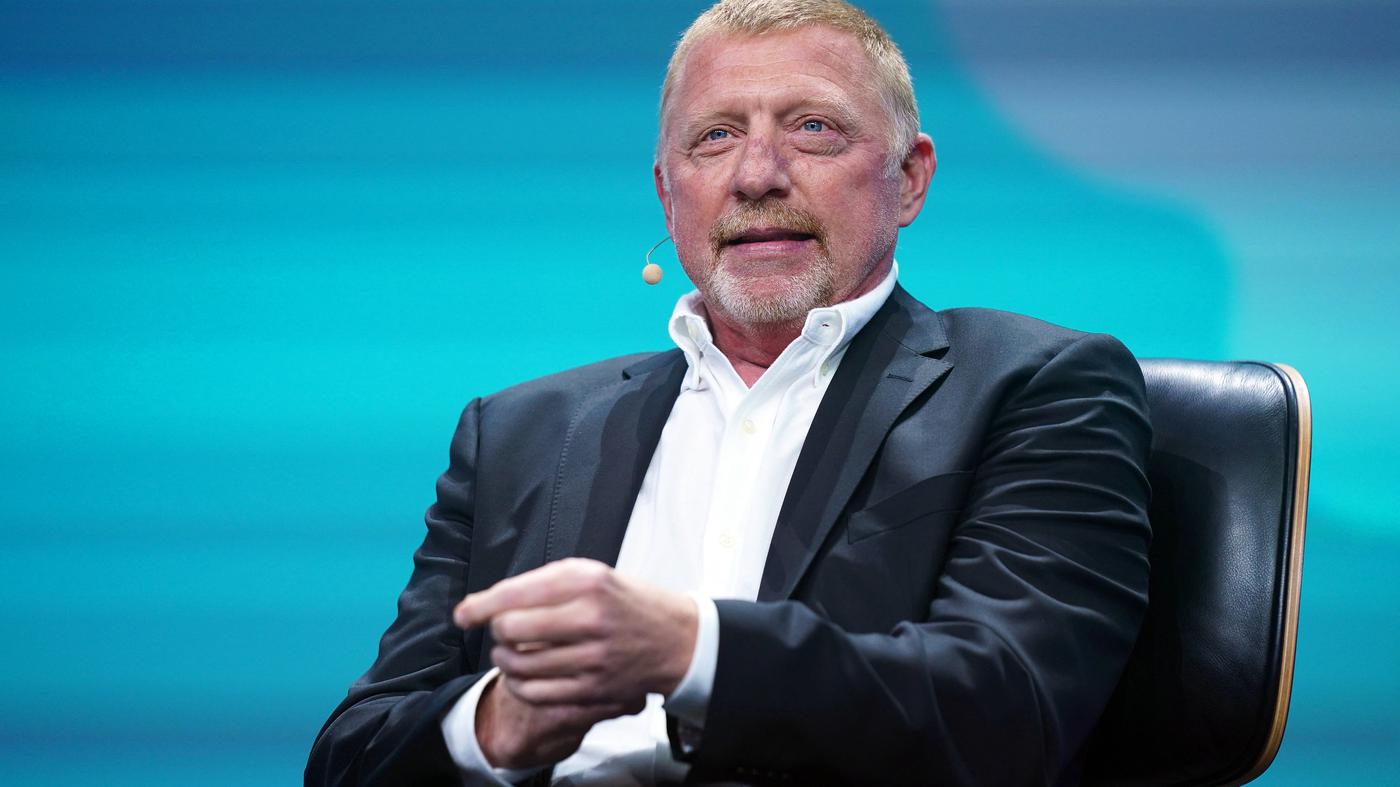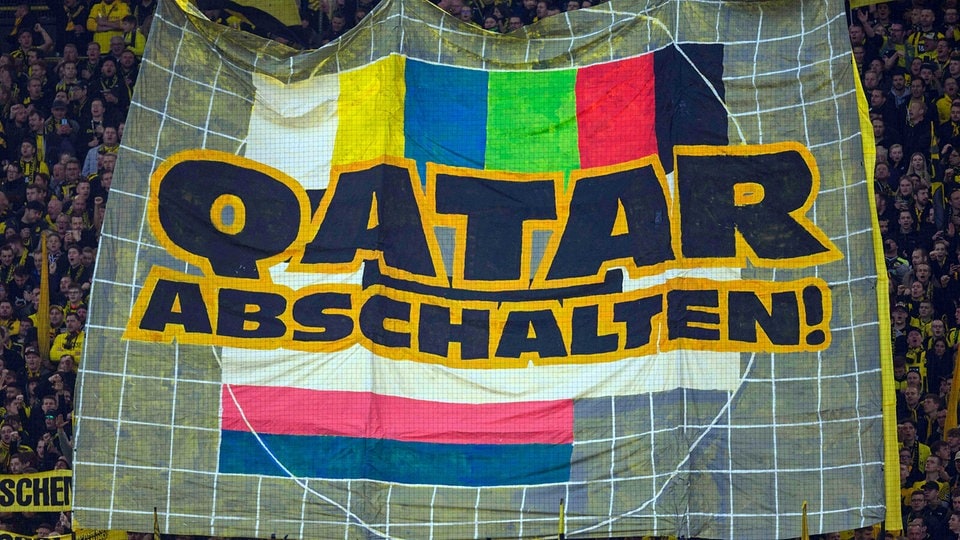The boycott of the 1980 Moscow Games did not prevent the Soviet Union from continuing its Afghan adventure to the bitter end. Likewise, the unpopular US President Jimmy Carter could not avoid his electoral defeat. The retaliatory boycott of 1984 likely encouraged the re-election of proclaimed cold warrior Ronald Reagan, not least because of the unpopularity of communist athletes in the West.
Interruptions can also have unintended consequences. The two major Olympic boycotts also led to cracks in the respective political blocs: not all Western countries followed the United States in 1980, and in 1984 Romania decided to send a delegation to Los Angeles, which led to a mad salute there. The 1980s boycott was perhaps a major impetus for the Olympic Games’ marketing. A western boycott of the World Cup in Qatar may also weaken Europe’s standing in international football.
What is the difference between a political and sports boycott and a spectator boycott? Which form is the most effective?
A political boycott usually refers to not participating in diplomatic receptions in the context of major sporting events. Such a boycott allows the political class to save face, and is certainly seen as a diplomatic insult, but it offers little insight.
The sports boycott in general may be seen as a de facto boycott and refers to the refusal of competition at all, i.e. sending teams and athletes.
A viewer or consumer interruption occurs when viewers decide not to follow an event. It is entirely conceivable that such a boycott would again signal to FIFA that it must reconsider its procurement policy and the effective application of human rights standards. Previous spectator boycotts, for example in highly politicized American sports, have had only limited effects so far.
What is he talking about boycotting the World Cup Qatar?
The fact that a large number of guest workers died during the construction of the stadium has a huge impact on the event. Neither inhuman working conditions nor a lack of protection for victims are compatible with Western ideas of human rights. In this regard, the boycott’s demands are quite understandable.
What is he talking against?
In addition to sporting and political sports considerations, there are also geopolitical arguments in favor of participation. Qatar is of great strategic importance and has proven to be a largely reliable partner for the West in the region and has significantly reduced its support for extremist Islamist groups, among other things. In addition, social change is a long-term process that can only begin on a limited scale from the outside. On the question of the guest worker, the German public must be reminded that the first generation of guest workers in the Federal Republic was not always treated very humanely. Günther Walraff’s classic “All the Way Down” is an eloquent testimony to this.
How likely is a tournament boycott to change the situation in Qatar or within FIFA?
To me, it is relatively unlikely that the boycott will contribute to changing social conditions in Qatar, particularly working conditions for migrant workers. First of all, it should be noted that public interest in local grievances usually fades away very quickly in the West. Who is still talking about the Darfur conflict, marginalization of the poor and corruption in Brazil, or discrimination against Uyghurs in China? Public interest in the West is unsustainable and willingly moves on to the next topic. From a Western point of view, it is also worth noting that the Asian Football Confederation decided to host the 2023 AFC Asian Cup in Qatar. Western debates hardly seem to find an echo there.
On the other hand, public discussions have certainly had an impact within FIFA. The awarding process has become more transparent, and human rights standards will almost certainly play a greater role in awarding procedures in the future, as FIFA will want to avoid another public relations disaster. In addition, corruption in FIFA has certainly been brought under more effective pressure by the actions of the US investigative authorities.
Wouldn’t the boycott undermine the athletic performance that should be the focus of such events?
The county always accepts that the efforts and sacrifices of athletes are underestimated. Competing athletes only have a narrow CV window to achieve their best performance and usually have to prepare for it for years. Boycotts also entail great losses for boycott states. A boycott means not appearing on the international stage and accepting the loss of major sporting and political investments. In addition, the athletic competition is distorted because the best may not be able to compete against each other. Experience has shown that boycotts keep countries participating in major sporting events in good memory thanks to unexpected sporting successes. Ultimately, sport will be affected both politically and economically. Despite all the justified criticisms of the marketing of major sporting events, we must not forget that FIFA uses the income to provide sports development aid.
Are there forms of protest more effective than boycotts?
From a sports policy perspective, the greatest chances of influencing the politics of a host country exist before major sporting events. During the application process and after the award, i.e. during project implementation, sports federations have effective opportunities to influence national policy. Sports federations must therefore commit to link the allocation of major sporting events to strict compliance with human rights standards and to monitor effective enforcement of these standards.
for someone
Henk-Erik Meyer has been Professor of “Social Sciences of Sport” at Wilhelms University in Münster since 2012. In his work, he deals not only with the social aspects of sport, but also with sports politics.
–
Interviewed by Max Boehner

“Internet nerd. Avid student. Zombie guru. Tv enthusiast. Coffee advocate. Social media expert. Music geek. Professional food maven. Thinker. Troublemaker.”







More Stories
Boris Becker's insolvency proceedings in Great Britain have ended
Marco Odermatt is happy to have Marcel Hirscher back
Montreal and Toronto break attendance records for women's ice hockey